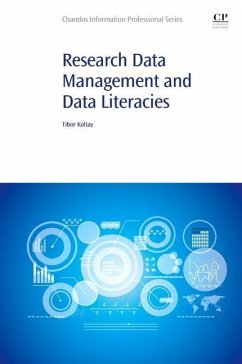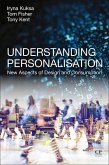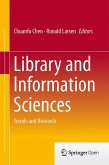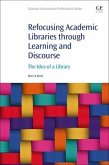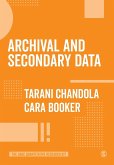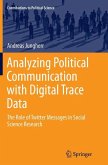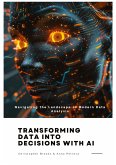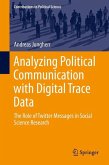Research Data Management and Data Literacies help researchers familiarize themselves with RDM, and with the services increasingly offered by libraries. This new volume looks at data-intensive science, or 'Science 2.0' as it is sometimes termed in commentary, from a number of perspectives, including the tasks academic libraries need to fulfil, new services that will come online in the near future, data literacy and its relation to other literacies, research support and the need to connect researchers across the academy, and other key issues, such as 'data deluge,' the importance of citations, metadata and data repositories.
This book presents a solid resource that contextualizes RDM, including good theory and practice for researchers and professionals who find themselves tasked with managing research data.
This book presents a solid resource that contextualizes RDM, including good theory and practice for researchers and professionals who find themselves tasked with managing research data.
"I particularly liked Koltay's discussion of the data librarianship role and the differences between data and information (pp. 154-155). Starting from that point might inspire you to then delve into the theoretical discussions of those concepts in earlier chapters....
It might be useful for readers to note that this book is an extension of Koltay's previous
book Research 2.0 and the future of information literacy (2016), which addressed the types of literacies relevant to researchers, particularly information literacy. While Research data management and data literacies takes this one step further into data management, it continues the theme that librarians should be involved in supporting and educating researchers." --Mary Coe, JALIA
It might be useful for readers to note that this book is an extension of Koltay's previous
book Research 2.0 and the future of information literacy (2016), which addressed the types of literacies relevant to researchers, particularly information literacy. While Research data management and data literacies takes this one step further into data management, it continues the theme that librarians should be involved in supporting and educating researchers." --Mary Coe, JALIA

